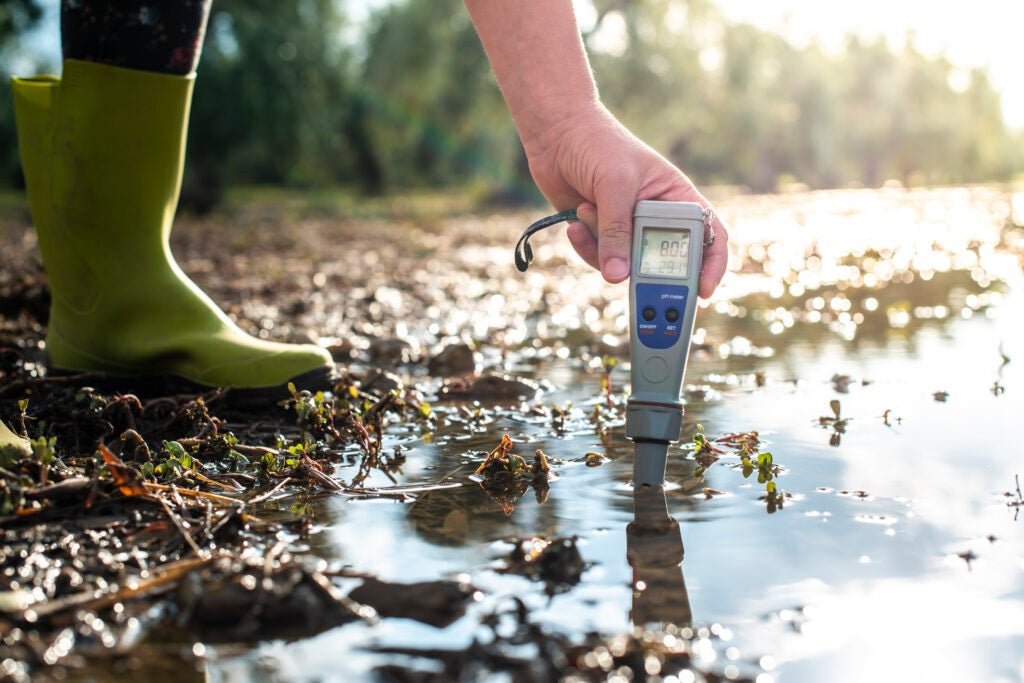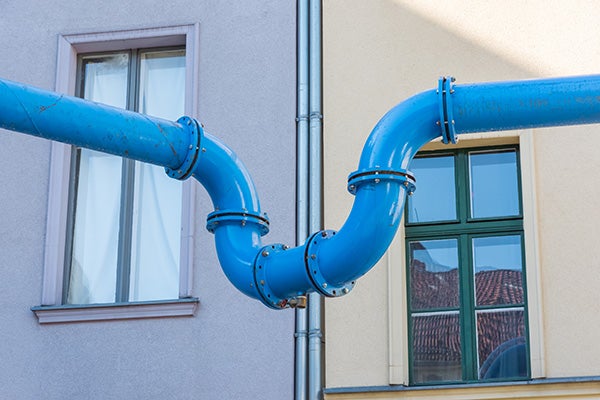Compliance

Pretreatment compliance helps treat wastewater before it’s released back into the environment.

Whose Pipe Is It
Do you know who is responsible for your pipes and drains? If so, this guide will come in handy.
Pretreatment Program
Those that participate in our pretreatment program are grouped together based on the type of industry, flow rate, and type of waste material.
Group 1
Major, or Significant Industrial Users, are defined as those that meet any of the following criteria:
- Are subject to categorical standards
- Discharge a nondomestic waste stream of 25,000 gallons (0.025 mgd) or more per day.
- Contribute 5% or more of the average dry weather hydraulic or organic capacity of the WWTP.
- Have a reasonable potential, in the opinion of the WWTP supervisor, to adversely affect the treatment plant (inhibition, pass-through, sludge contamination, or endangerment of personnel).
These industries are regulated individually by a discharge permit and have specific effluent limits placed upon their discharges. They are also monitored and inspected periodically to ensure compliance.
Group 2
Major Non-Significant Industrial Users and Commercial Users, are defined as those that meet any of the following criteria:
- Are small industries and/or commercial users (auto repair shops, car washes, laundromats, etc.) whose discharges do not significantly impact the treatment system.
- Discharge a nondomestic wastestream < 25,000 gpd.
- Contribute < 5 % of the average dry weather hydraulic or organic capacity of the WWTP.
Industries that have the potential to discharge a nondomestic or process waste stream, but currently only discharge a sanitary waste stream may also be included in this grouping.
Industries in this group may be included in a general permit system and occasionally monitored and inspected to determine if their status has changed.
Group 3
Insignificant Industrial Users are defined as those that:
- Have been eliminated from further consideration. They do not discharge to the collection system or else do not have any reasonable chance to discharge non-domestic waste stream to the POTW.
FROG Program
Fats, Rags, Oils, and Grease can wreck havoc in our sewer system. That’s why we developed this program; to keep these items out of the sewer and prevent overflows.
 Parameter Average Worksheet
Parameter Average Worksheet Automatic Grease Removal Device Daily Cleaning Log
Automatic Grease Removal Device Daily Cleaning Log